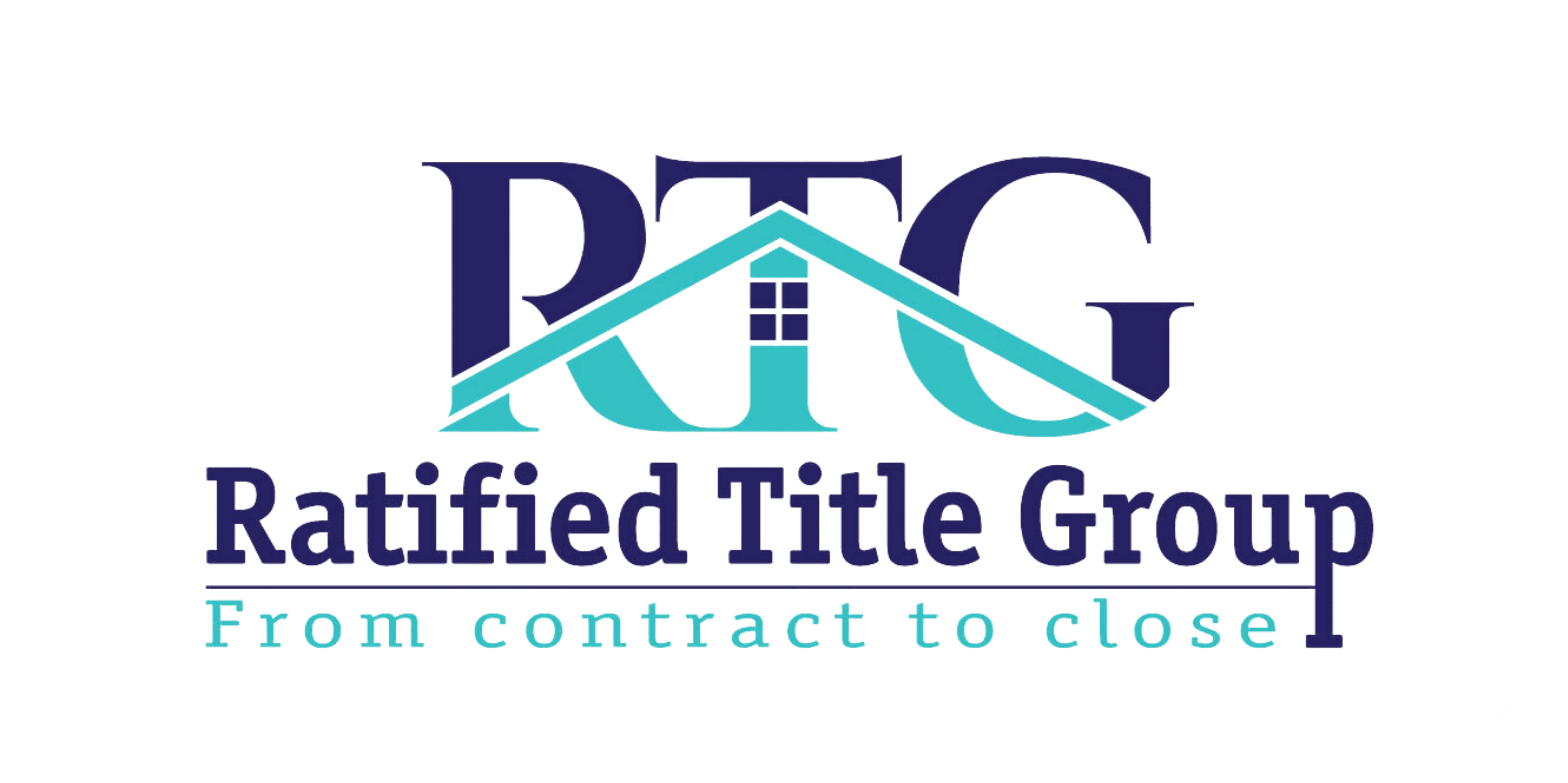Navigating the home buying or selling process can feel overwhelming, especially when it comes to understanding the settlement phase. In the DMV area, knowing what to expect from contract to close is crucial for a smooth transaction. In this blog, we’ll break down the settlement process into easy-to-understand steps, helping you approach this critical stage with confidence.
What Is the Settlement Process?
The settlement process, often referred to as closing, is the final step in a real estate transaction. It involves various legal and financial steps that culminate in the transfer of property ownership. In this section, we will explore what happens during this process.
At its core, the settlement process is about transferring ownership from the seller to the buyer. Sounds simple, right? But behind the scenes, there’s a flurry of activity. From title searches to the arrangement of funds, every detail must be meticulously handled to ensure that both parties walk away satisfied.
During this phase, a closing agent or attorney usually orchestrates the proceedings. This person acts as a neutral party to facilitate the transaction. They gather necessary documents, define financial disbursements, and ensure that all conditions of the contract are met before the final handshake. Simply put, they guide the way as you move from contract to close.
Key Stages from Contract to Close
From signing the contract to the final exchange of keys, several stages guide the transaction. Here, we’ll outline each stage, focusing on the timeline and what parties involved need to do at each point.
The first stage begins right after you sign the contract. This is when inspections take place, and any potential red flags can be addressed. Think of it as a safety net; having a professional home inspection can save you from unexpected surprises later down the line. After that, there’s usually an appraisal to ensure the property’s value aligns with the sale price. The lender often requires this to secure their loan funds.
Once these preliminary steps are out of the way, the next phase involves satisfying any contingencies outlined in your contract. This might include securing financing or addressing any repair requests that came up during the inspection. Each of these steps is crucial, as they help solidify the buyer’s commitment before heading into the final closing stage. Remaining organized and proactive during this phase can set the tone for a successful transition.
Finally, we reach the much-anticipated closing day when both parties meet to finalize everything. This is not just about signing papers; it’s about solidifying a new chapter in your life. Bring necessary documents, including your ID and proof of insurance, and get ready to make that leap from contract to your new home. After all, your hard work and planning have led you to this moment!
Essential Documents You Need
Understanding the paperwork involved can seem daunting. This section will detail the essential documents required throughout the settlement process, including the purchase agreement, title documents, and closing disclosures.
First and foremost is the purchase agreement. This lays out the terms of the sale and serves as the foundation for the entire transaction. It’s vital to read this document carefully, as it specifies not only the purchase price but also any conditions that must be met before closing. Missing even minor details can lead to complications later.
Next up is the title document. This is where things get a little more technical, but don’t worry! The title document verifies that the seller legally owns the property and has the right to sell it. A title search will typically be conducted to ensure there are no liens or claims against the property, so be prepared for that.
Then, we have the closing disclosures, which show all the final details about the mortgage loan. It breaks down the loan terms, monthly payments, and how much you’ll owe at closing. Reviewing this beforehand can prevent last-minute surprises. Each of these documents is integral to a smooth settlement process, so keep them organized and accessible.
Common Challenges and How to Overcome Them
While the settlement process is straightforward for many, challenges can arise. We’ll discuss some common issues buyers and sellers face and offer practical tips for navigating these hurdles.
One common challenge is delays in the approval of financing. This can be especially stressful, as it might push the closing date further away than originally anticipated. To combat this, ensure that all your financial documents are in order well in advance. Additionally, maintaining open lines of communication with your lender can help resolve any issues that arise as quickly as possible.
Another hurdle might stem from the inspection results. If significant issues surface, the buyer may request repairs that the seller is reluctant to accommodate. Here, negotiation skills shine. Both parties should aim to find common ground that satisfies everyone—perhaps adjusting the sale price or offering repair credits to avoid halting the sale.
Lastly, timing mismatches can occur, especially if the buyer has a property to sell before completing the transaction. Sellers may get anxious about timing, so maintaining transparency throughout can help alleviate these concerns. Discussing potential overlaps and working out timing contingencies can go a long way in ensuring that everyone remains on the same page throughout the process.
The Role of Professionals in the Settlement Process
A successful settlement often relies on various professionals like real estate agents, attorneys, and title companies. In this section, we’ll examine each role and how they contribute to a smooth closing.
Real estate agents often serve as the backbone of the transaction. They help both the buyer and the seller understand the market, advise on pricing strategy, and navigate the complexities of contracts. A skilled agent can make the difference between a stressful experience and a smooth one by ensuring all deadlines are met and keeping lines of communication open.
Then there’s the closing attorney or agent, who plays a crucial role in the finalization of the sale. They prepare necessary documents, ensure all legal conditions are satisfied, and oversee the disbursement of funds. When you’re at the closing table, this professional is your guiding light, helping you understand what you’re signing and ensuring legal compliance.
Title companies also play an essential role by conducting title searches and offering title insurance. This protects buyers against any disputes over ownership and confirms that the property title is clear of liens. Their expertise can provide peace of mind—not an easy feat in the sometimes turbulent seas of real estate.
Preparing for Settlement Day
The days leading up to settlement can be filled with anticipation. Here, we will provide tips on how to prepare for settlement day, including what to bring and what to expect during the final walkthrough.
Preparation is key! Ensure all your documents are in order, including your identification, proof of insurance, and any financial paperwork that may be required. It may seem tedious, but this step can save you from any last-minute hiccups. Your lender should provide a list of what you need to bring, so be sure to double-check with them.
Also, don’t forget the crucial final walkthrough. This is your chance to inspect the property one last time before the deal is finalized. Make note of any repairs or issues that may have been agreed upon and ensure that they’ve been properly addressed. This isn’t just a formality; it’s a vital part of protecting your investment.
Lastly, try to stay calm and focused on the finish line. Settlement day is exciting, and it marks the culmination of a significant journey. Enjoy this milestone—soon, you’ll officially hold the keys to your new home and be ready to create a wealth of memories in it.
Final Thoughts on the Settlement Process
Understanding the settlement process from contract to close is essential for anyone looking to buy or sell a home in the DMV area. With the insights we’ve covered, you’ll be well-equipped to navigate this important journey. Remember, every step counts, and being informed can lead to a successful and stress-free closing experience.



